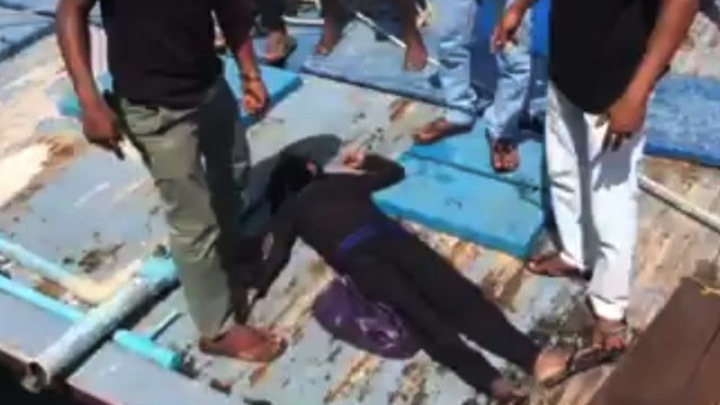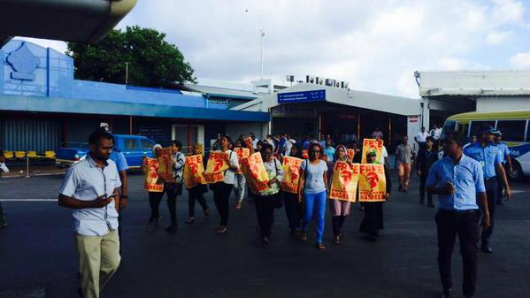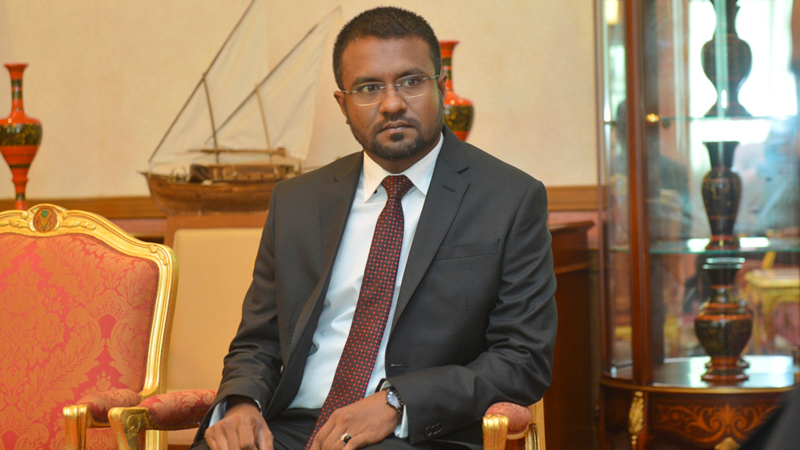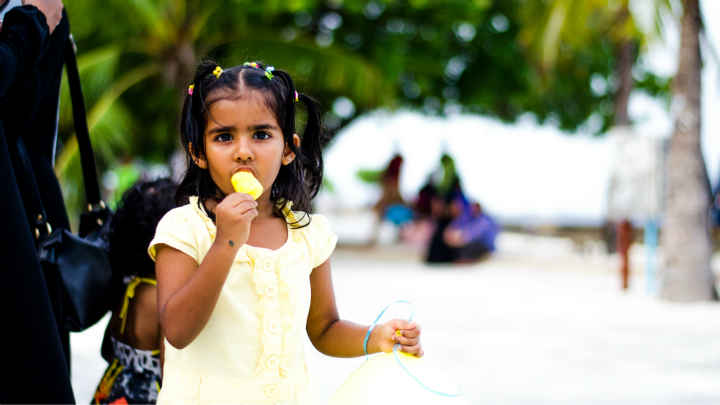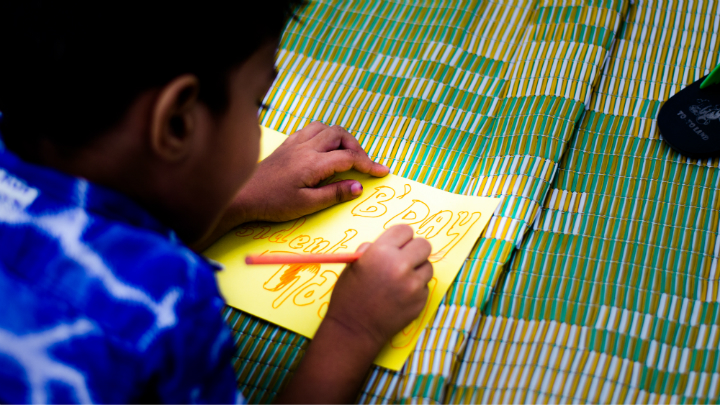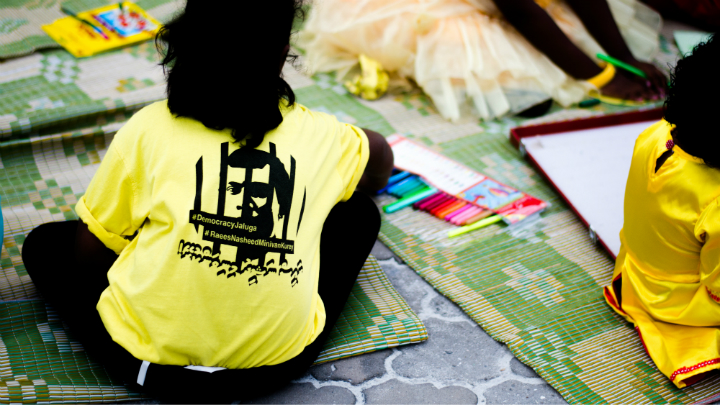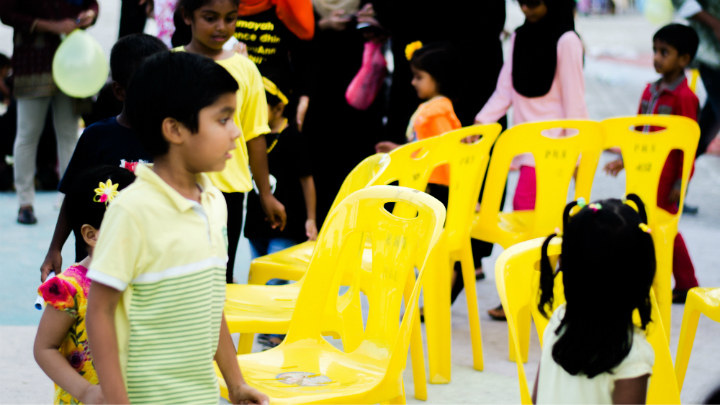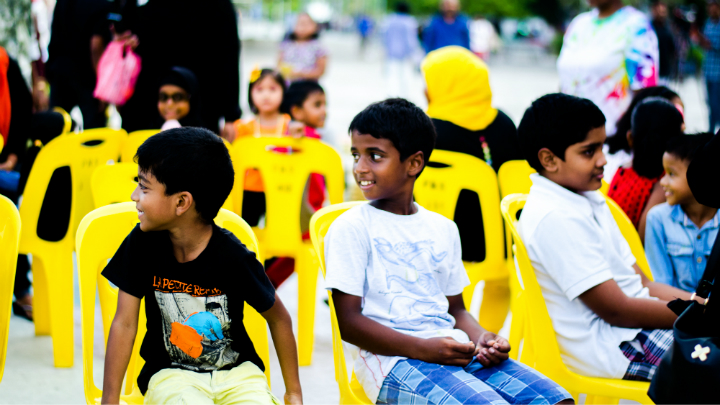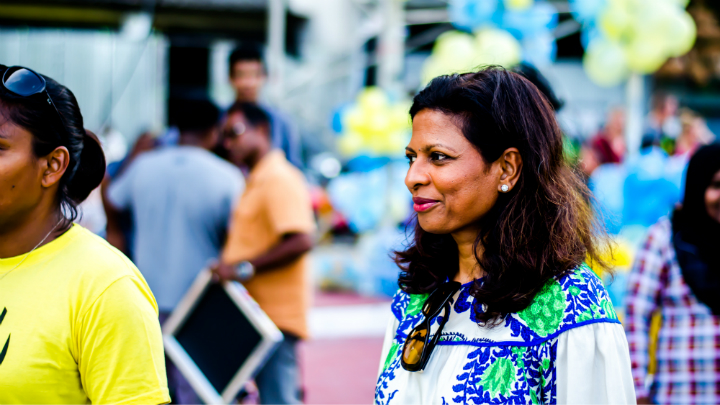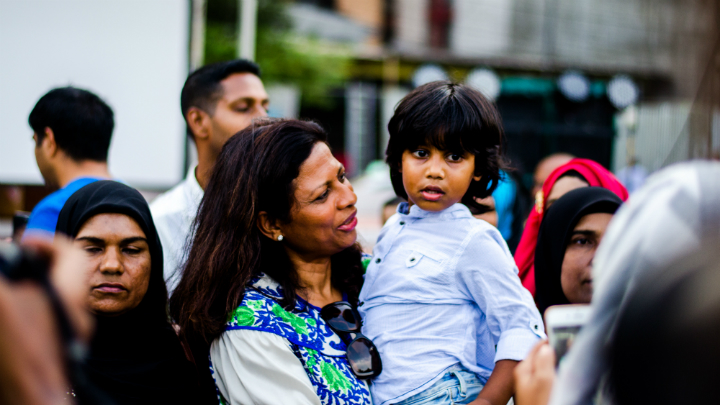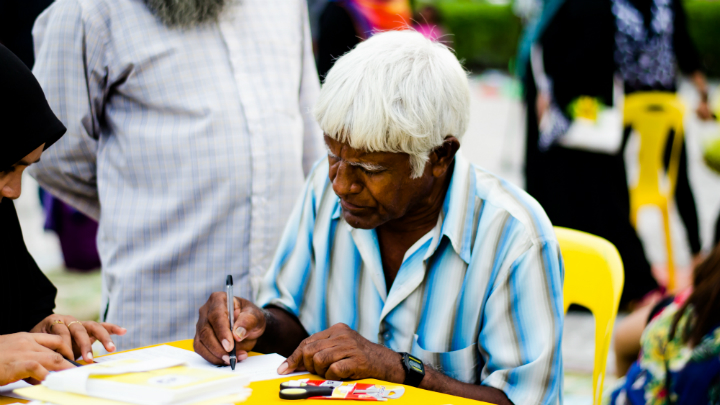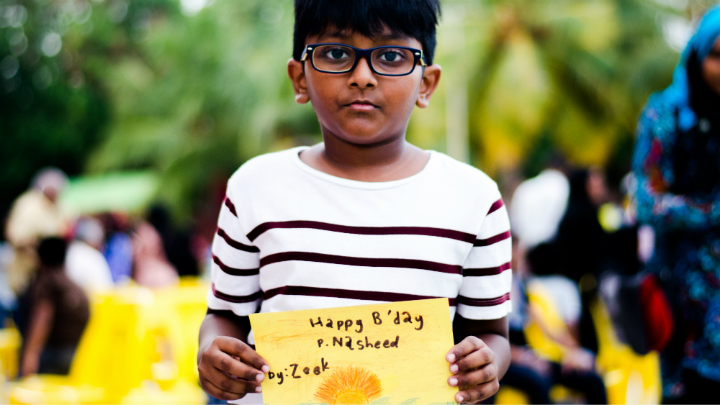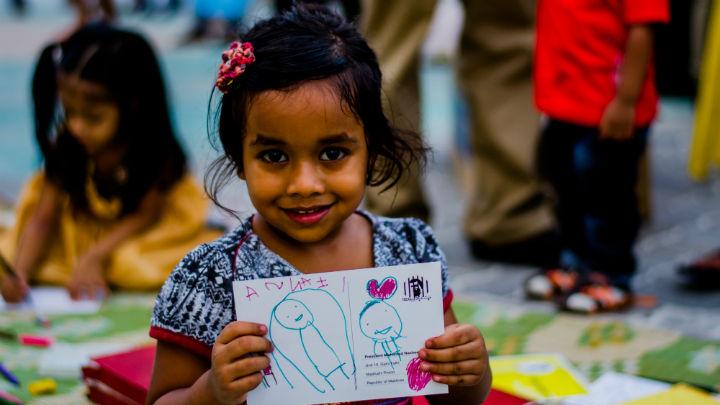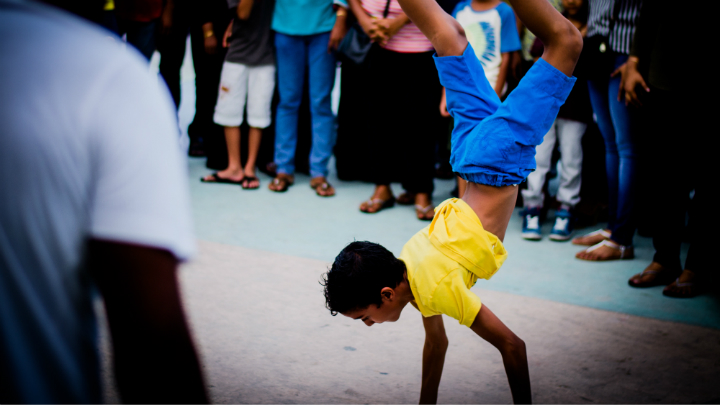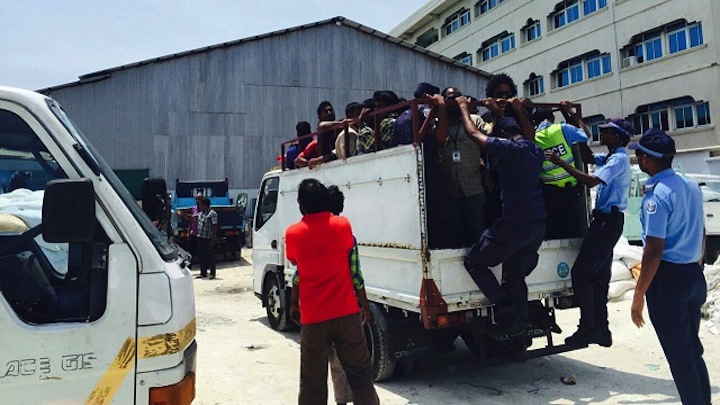President Adbulla Yameen has set terms and representatives for talks with the opposition amidst growing domestic and international calls for dialogue.
Two teams of seven ministers will hold separate discussions with the main opposition Maldivian Democratic Party (MDP), and with the Jumhooree Party and the religious conservative Adhaalath Party.
President Yameen’s proposed agenda focuses on three aspects; political reconciliation, strengthening the judiciary and legal system and political party participation in economic and social development.
President’s office spokesperson Ibrahim Muaz Ali, however, ruled out negotiations over the imprisonment of ex-president Mohamed Nasheed and ex-defence minister Mohamed Nazim, insisting the president has no role in the pair’s release.
“The President’s Office has sent letters to the Maldivian Democratic Party, Adhaalath Party and Jumhoory Party today. In the letters, the government has officially requested for discussions,” he said.
“The discussions will proceed within legal limits. The problem before was the president does not have the legal means to meet the demands of the opposition,” Muaz said, referring to president Yameen’s earlier comments ruling out any dialogue with the opposition over jailed opposition leaders.
“Now, the president’s interest is to protect the country and its people. The president will consider the interest of the whole nation rather than that of individuals,” Muaz said.
The terms set by the president are:
- Seek solutions within the perimeters of the Maldivian legal system to resolve existing political tensions and differences of opinion towards establishing political reconciliation, and to explore avenues to strengthen national solidarity;
- Determine measures needed to further improve the constitutional, legislative and judicial models within the country, for the purpose of strengthening the Maldivian democratic system based on our own past experiences and international best practices;
- Encourage the cooperation of all political actors within the country towards the nation building process, and in securing the social and economic development of all Maldivian citizens
The opposition on Thursday welcomed President Yameen’s call for talks, but had separately demanded the release of leaders who were detained from the mass antigovernment rally on May 1.
MDP’s chairperson Ali Waheed and Adhaalath president Sheikh Imran Abdulla were remanded for an additional seven days and 10 days, respectively, by the criminal court yesterday.
JP deputy leader Ameen Ibrahim was released last week when the high court overturned the criminal court’s 15-day remand.
The government has proposed home minister Umar Naseer, fisheries finister Mohamed Shainee and minister of the president’s office Abdulla Ameen to hold talks with the MDP.
A team of four state officials including tourism minister Ahmed Adeeb, minister of the president’s office Mohamed “Mundhu” Hussain Shareef, housing minister Mohamed Muiz and environment minister Thorig Ibrahim will participate in the talks with the JP and the Adhaalath Party.
The Adhaalath Party had previously stated they will not sit down with the tourism minister, who Imran has accused of corruption and illicit connections with criminal gangs.
But Muaz said no party has officially set any conditions for talks with the government yet.
Of the 193 people who were arrested from the May Day protest, only a few remain in police custody.
The prosecutor general Muhthaz Mushin yesterday said only 30 will be charged for now, and that a committee is reviewing charges against 98 protesters who are “first time offenders.”
The charges range from disobedience to order, obstructing police duty and assaulting police officers, and carry a penalty of MVR3000 or a six-month jail term.
Likes (3)Dislikes
(3)Dislikes (0)
(0) 